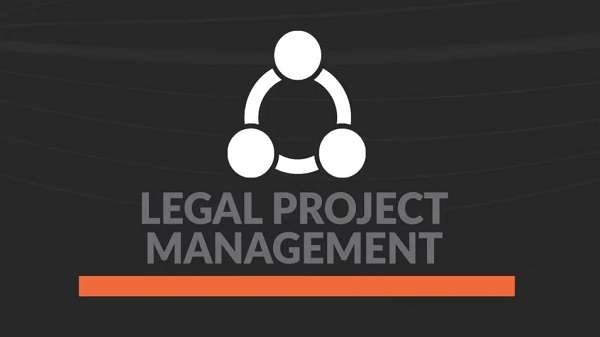
Legal Project Management (LPM) is a growing trend in the legal industry, which aims to improve the efficiency and effectiveness of legal services. LPM involves applying project management principles to legal matters to ensure that they are completed on time, within budget, and to the client’s satisfaction. In this article, we’ll explore the pros and cons of LPM for competitive legal professionals.
Pros of Legal Project Management
Improved Efficiency: LPM can help law firms to streamline their processes and procedures, which can lead to improved efficiency. By applying project management principles to legal matters, law firms can reduce waste and improve productivity, which can result in cost savings and higher profits.
Better Communication: LPM can help to improve communication between lawyers and their clients. By setting clear expectations and providing regular updates, clients are more likely to be satisfied with the legal services they receive. This can lead to improved client retention and new business referrals.
Enhanced Client Service: LPM can help law firms to provide a better level of service to their clients. By identifying the client’s needs and expectations at the outset of a matter, law firms can tailor their services to meet those needs. This can lead to improved client satisfaction and loyalty.
Risk Management: LPM can help to mitigate risk in legal matters. By identifying potential risks and developing strategies to address them, law firms can reduce the likelihood of problems arising during a matter. This can help to protect the firm’s reputation and minimize the risk of legal liability.
Cons of Legal Project Management
Resistance to Change: Implementing LPM can be challenging, as it requires lawyers to change the way they work. Lawyers may be resistant to change, as they may be used to working in a certain way. This can lead to resistance to the adoption of LPM, which can impede its effectiveness.
Time and Cost: Implementing LPM can be time-consuming and costly. Law firms may need to invest in training and technology to implement LPM effectively. This can result in a short-term cost, which may be a barrier to adoption.
Complexity: LPM can be complex, and it may take time for lawyers to become proficient in its use. This can result in a learning curve, which may impact productivity in the short term.
Client Perception: Some clients may be resistant to LPM, as they may view it as adding unnecessary costs to their legal matters. This can lead to client pushback and dissatisfaction if they do not see the benefits of LPM in their legal matters.
Conclusion
Legal Project Management can offer significant benefits to law firms and their clients, including improved efficiency, better communication, enhanced client service, and risk management. However, implementing LPM can be challenging, as it requires lawyers to change the way they work, and can be time-consuming and costly. It’s important for law firms to carefully evaluate the pros and cons of LPM and determine whether it’s the right fit for their practice. With the right approach and training, LPM can help law firms to remain competitive and deliver high-quality legal services to their clients.


